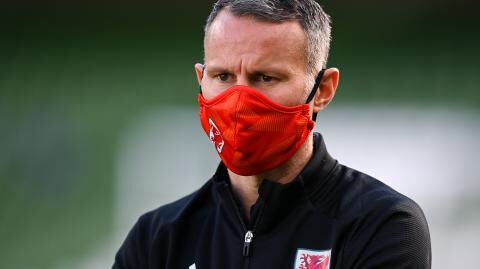Research conducted by Lancaster University has found a direct correlation between an increase in domestic violence cases and the outcome of matches played by England's national football team.
Discover our latest podcast
Raising awareness
During Euro 2020, domestic abuse charities have come forward to shed light on the rise in number of calls to their 24-hour national helpline between March 2020 and March 2021.
With England now moving on to the quarter-finals, the charity, Women's Aid, has asked football fans to be mindful of sexist behaviour as well as the prevalence of violence against women. Teresa Parker, head of communications for Women's Aid, said:
We know at Women's Aid that while football doesn't cause domestic abuse, big matches can be a catalyst for an uplift in reports, and an exacerbation of existing abuse.
Domestic abuse increases when matches are lost
The study carried out by Lancaster University observed the number of domestic abuse cases reported during the 2002, 2006 and 2010 World Cups. What they found was that when England's team won or drew there was an increase in the risk of domestic abuse by 26%. In turn, when the national team lost, the risk grew by 38%.
With these reports in mind, chair of the Local Government Association's Safer and Stronger Communities board, Nesil Caliskan, wanted to stress that football itself did not cause domestic abuse. Instead, she believes that:
The behaviour and actions or abusers who exert power and control over their victims cause it. However, with research showing a clear link between football tournaments and rising instances of domestic abuse, there is a need to ensure people are aware of the potential signs of domestic abuse and where to go to report it or seek help.
And added:
Councils will continue to work closely with the Domestic Abuse Commissioner, the government, the wider domestic abuse sector and partners to help tackle this important issue.















